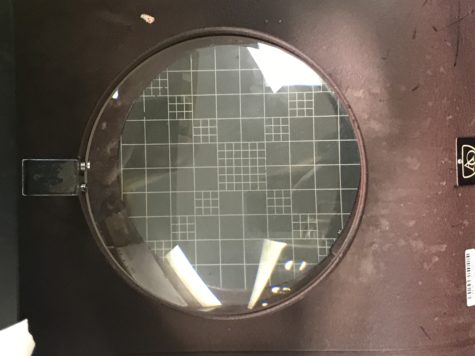
Evolution, we are often reminded, conducts itself at a glacial pace. It throws its dice and picks its favorites over thousands of generations—plenty of time, we wearily explain, for a functional eye to develop. By the same slow token, this process, life’s old standby for adapting to new environments, will not be fast enough for most to transform themselves and avoid getting trampled by the oncoming stampede of anthropogenic climate change.
Only that’s not strictly true. Most on this earth are not, in fact, slow evolvers. Given enough food, a generation for many might mean only half an hour or so. Bacteria and other contagious pathogens most certainly will adapt in response not only to climate change but to the species loss that precedes and accompanies it.
There’s a principle known as dilution theory that links species loss with increased infection. It’s very likely that in pushing our fellow beings off the extinction cliff we put targets on our own backs in ways we don’t fully understand. Continue reading
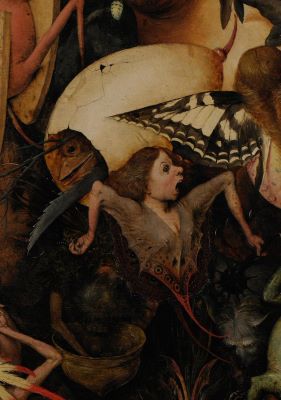
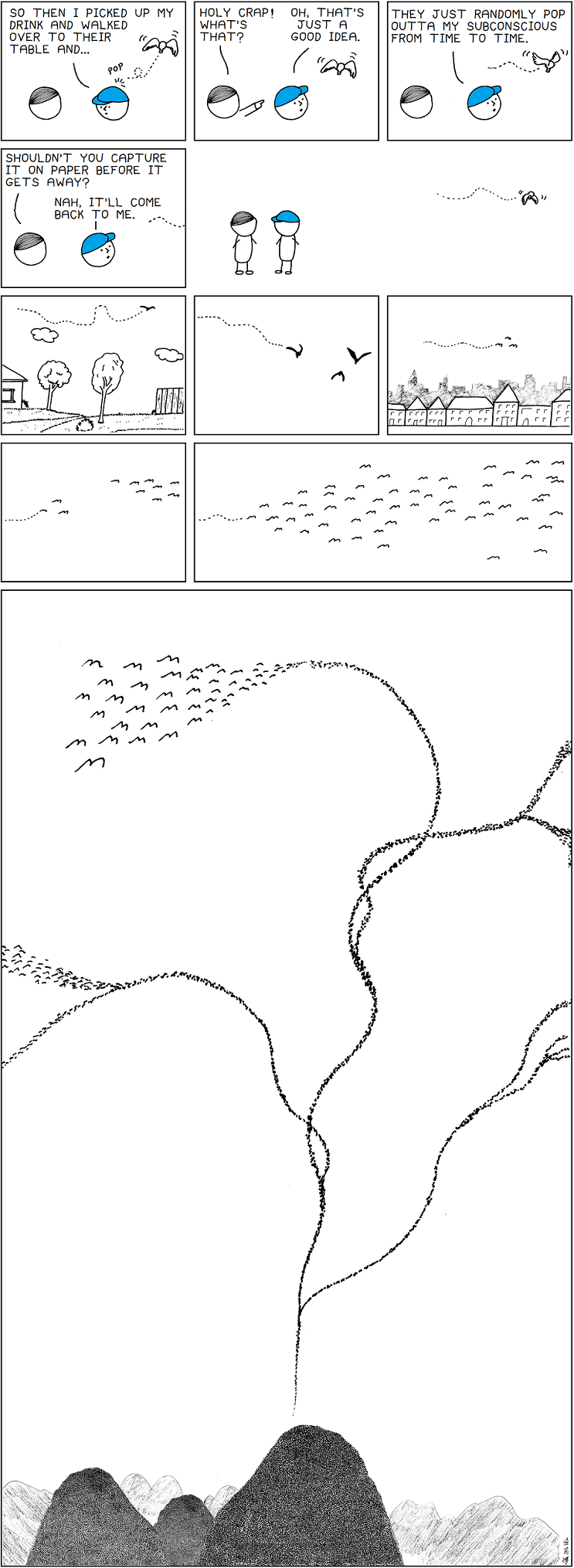
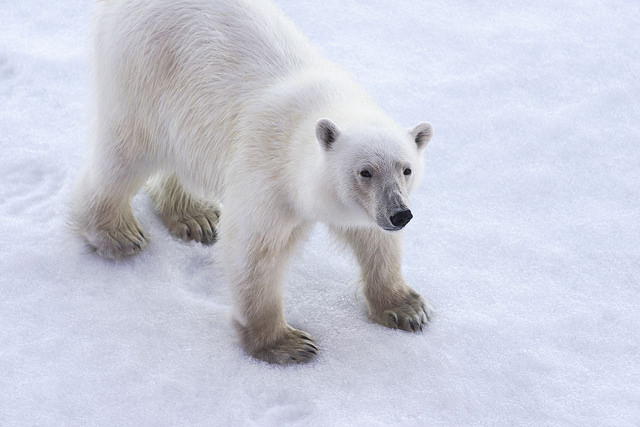 This post originally appeared Dec. 17, 2017
This post originally appeared Dec. 17, 2017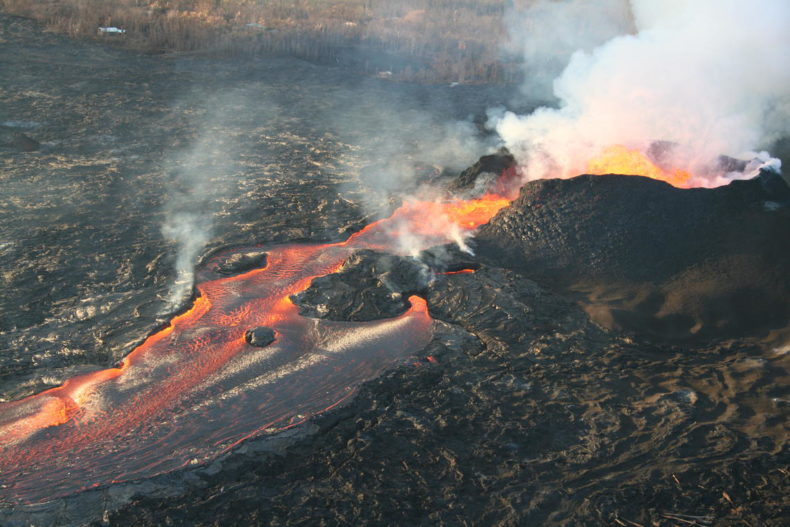 This is a picture of a rift in our world. It was taken June 21 at Hawaii’s Kilauea volcano, in a rip called Fissure 8. What a remarkably utilitarian name for a tear in the planet.
This is a picture of a rift in our world. It was taken June 21 at Hawaii’s Kilauea volcano, in a rip called Fissure 8. What a remarkably utilitarian name for a tear in the planet.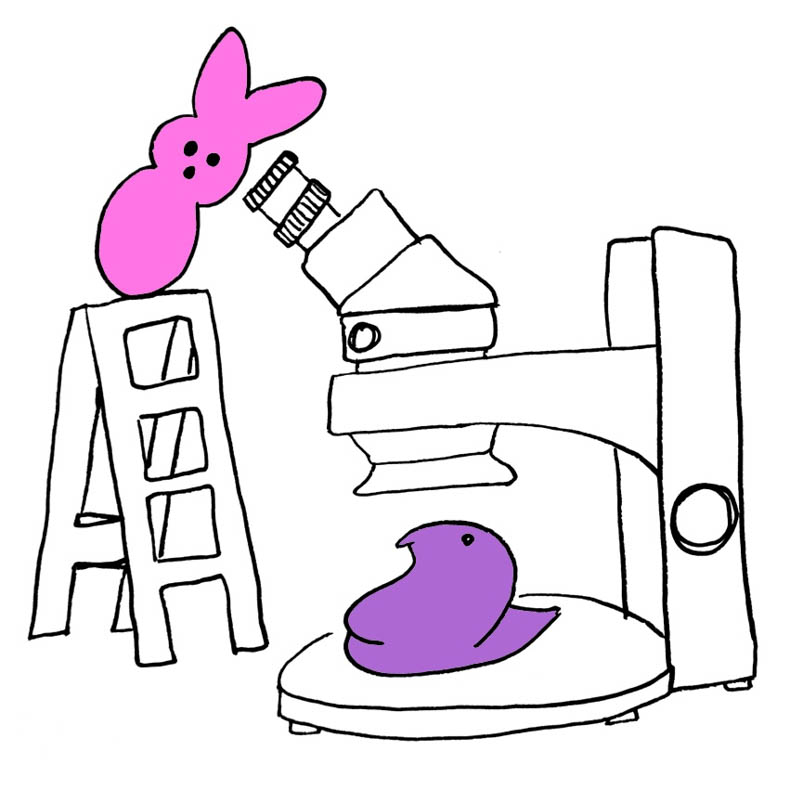

 It’s embarrassing enough that it took me 12 years to go to Channel Islands National Park, especially since I see the islands almost every day. Last month, I got on board the dive boat that would take us to the place they call the Galapagos of North America. At last! The captain said something about Dramamine, but I didn’t really pay attention.
It’s embarrassing enough that it took me 12 years to go to Channel Islands National Park, especially since I see the islands almost every day. Last month, I got on board the dive boat that would take us to the place they call the Galapagos of North America. At last! The captain said something about Dramamine, but I didn’t really pay attention.